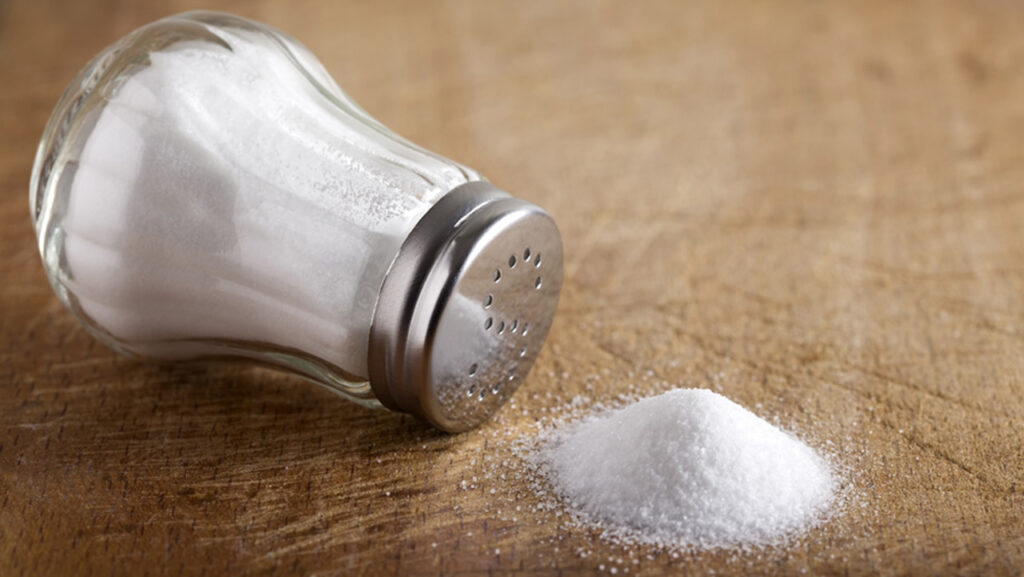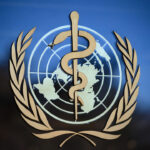 Says reducing sodium intake crucial for controlling blood pressure
Says reducing sodium intake crucial for controlling blood pressure
The Federal Government has expressed worry over the high salt intake by Nigerians, lamenting that Nigerians consume between 5.8 to 25 grammes of dietary salt daily, significantly higher than the recommended maximum daily intake of two grammes of sodium and five grammes of salt by the World Health Organisation (WHO).
The government noted that reducing sodium intake is crucial for controlling blood pressure, which could prevent hypertension and the risk of cardiovascular diseases.
Meanwhile, WHO has urged countries to adopt the global sodium benchmarks to reduce their populations’ sodium intake.
The United Nations (UN) body also called on industry to implement the global sodium benchmarks and reformulate food products to contain less salt/sodium.
Speaking at the briefing heralding the 2024 Salt Awareness Week, yesterday, in Abuja, Coordinating Minister of Health and Social Welfare, Prof Muhammad Pate, observed that “salt has a far-reaching impact”, as the “high salt intake contributes significantly to elevated blood pressure”, a precursor to heart attacks and strokes.
Quoting the WHO 2019 report, Pate disclosed about 17.9 million lives were lost yearly to cardiovascular events.
He said, “By reducing salt consumption, we can rewrite the narrative, sparing countless lives from premature loss. There are varying estimates of the average daily intake of dietary sodium among Nigerian adults, ranging from 2.3 to 10 grammes per day, while the intake of dietary salt ranges from 5.8 to 25 grammes per day. This is significantly higher than WHO’s recommended maximum daily intake of two grammes of sodium and five grammes of salt.”
Represented by the Permanent Secretary in the ministry, Daju Kachollom, the minister noted, “Nigeria is not immune to the global scourge of hypertension and heart diseases, stressing that the choices we make at our dining tables, the ingredients we stir into our pots and the snacks we consume in moments of leisure contribute to the silent escalation of health risks associated with high salt intake.”
WHO Country Representative, Dr Walter Mulombo, explained that WHO recommended consuming less than five grammes of salt for adults daily from all sources, which is less than a teaspoonful, adding that the global average intake of sodium is more than double.
The Director-General, National Agency for Food and Drug Administration and Control (NAFDAC), Prof Mojisola Adeyeye, observed that “excessive intake of sodium is linked to various health problems,” particularly hypertension, a leading cause of morbidity and mortality.
One of the partners, Resolve to Save Lives, stressed the need to minimise the consumption of sodium, adding that the event was a major step in sensitising the citizens to the dangers of high levels of salt and informed choice on what to food eat.













